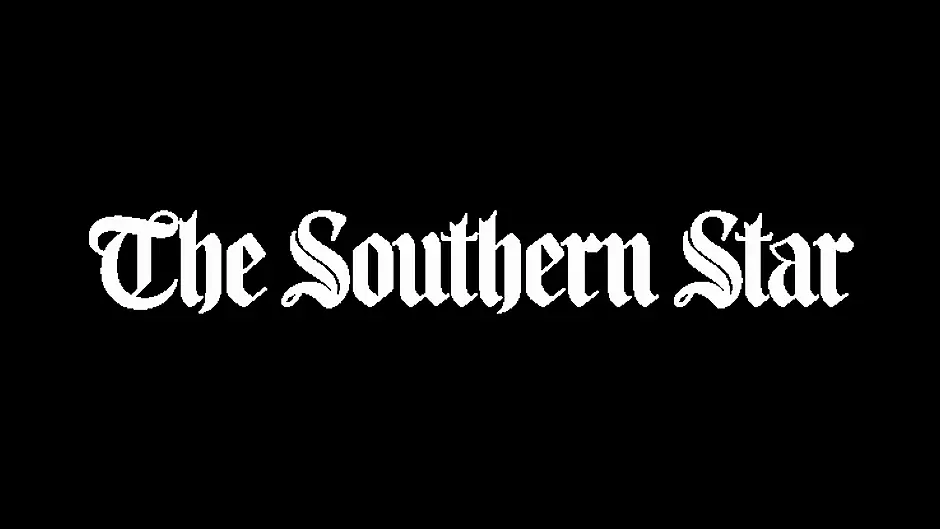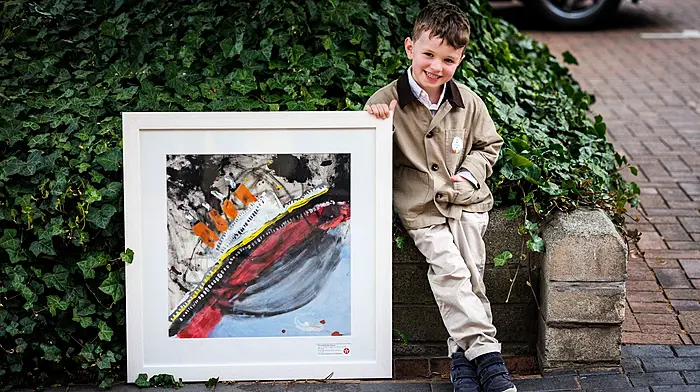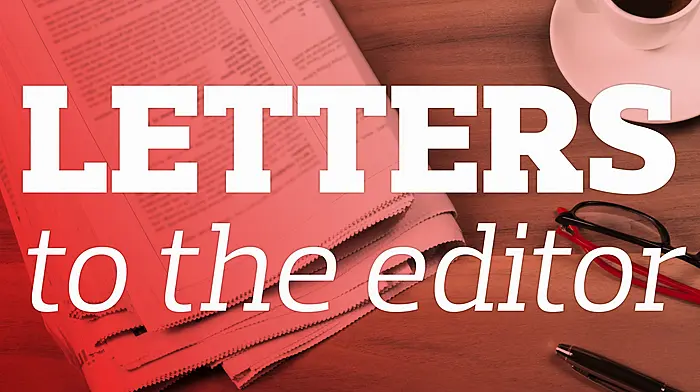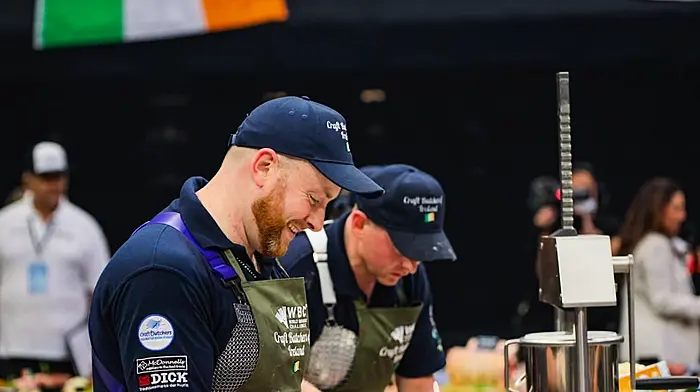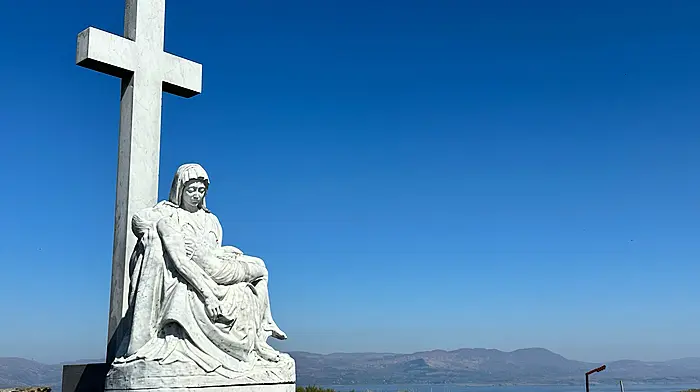BY MARTIN CLAFFEY
THE IFA has warned West Cork could face a fodder crisis due to the unprecedented rain experienced in recent months.
Teagasc recently updated the national fodder survey across dairy and drystock farms nationwide, following a provisional survey completed in late June after first cut silage completion. The updated survey showed around one in 12 farmers in the south-west don’t have adequate winter feed available.
However IFA Cork West representative Donal O’Donovan pointed out that the survey was carried out before October’s storm season, with Storm Ciaran and Storm Babet raging across the south.
‘I think the picture has totally changed since then,’ said Mr O’Donovan. ‘That survey showed 82% of farmers in the south-west having adequate winter feed available. I think it would be a very different response if the survey was carried out now.
‘I know myself from looking at the silage it after the rain in the last few weeks that a huge dent has gone out of it and that’s before the winter hits at all. I think we could be facing a fodder crisis this winter.’
The updated survey which was published in late October showed that around 82% of farmers in the south-west report having adequate winter feed available. Around 8% are short of winter feeds, with a further 10% facing tight supplies.
Teagasc survey coordinator Kate McCarthy had noted at the time that a combination of difficult second cuts and an earlier start to silage feeding could put some farmers at risk. ‘These issues could surface next spring if left unchecked, so we encourage farmers to assess their own situation promptly and take action.’
Meanwhile the ICSA has called for a rescue package for the tillage sector following a year of setback.
‘The announcement of a payment of €11/acre was not a serious response in a year where crops were left in the ground and are still there. Many other farmers managed to get crops out but with serious hardship and impact on the quality of grain and straw,’ said ICSA Tillage chair Gavin Carberry.
‘I am very concerned at the impact on farmers who are looking at their whole year’s work gone for nothing. A rescue package needs to respect the scale of the disaster and that’s why ICSA is proposing a set of payments worth up to €250/ha, to a maximum €10,000 per farmer. This is a balanced proposal that mirrors the level of previous packages paid to other sectors and will not be unreasonable to the public purse.’
The ICSA proposes the farmers who haven’t been able to harvest their crops should be paid €250/ha up to a maximum of 40 ha to leave unharvested crops as wild bird cover until the middle of March. ICSA proposed that farmers who struggled to harvest spring crops should be paid €200/ha up to a maximum of 50 ha, and winter cereal growers should be eligible for €150/ha, again to a maximum of 50 ha. The organisation said all farmers had struggled in 2023 with harvesting, and that the poor conditions increased diesel and contracting costs, and the quality is well down.
‘The impact is also being felt in terms of the serious lack of quality straw which is going to have deep ramifications for animal welfare at calving time. It is also hugely problematic in terms of our strategy to grow the organic sector given the need for farmyard manure rather than slurry.
‘The government has a stated strategy of increasing our tillage area for climate reasons and to reduce dependence on imported produce. If the government is serious about this, then they must match this ambition with action not just empty words.’

